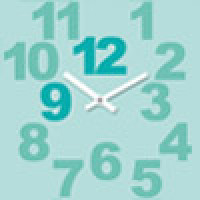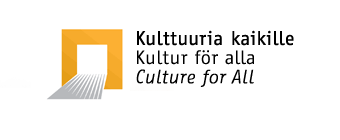
Call for papers COMCOL 2013 Annual Conference
COMCOL is the International Committee for Collecting of the International Council of Museums (ICOM) which aims to deepen discussions, and share knowledge on the practice, theory and ethics of collecting and collections (both tangible and intangible) development.
Rio de Janeiro, Brazil, 12-15 August 2013 (= days with COMCOL programmes)
COMCOL will hold its 2013 annual conference as part of the ICOM 23rd General Conference in Rio de Janeiro, Brazil, 10-17 August 2013.
COMCOL will organize working group sessions, paper sessions and a workshop in Museu da Maré. One joint session will be held with the ICOM International committees ICME and ICMAH.
General COMCOL theme
The (Re)interpretation and (Re)usages of (Older) Collections and their Value for Contemporary Society
In the joint session with ICME and ICMAH this general theme will be specified as Contemporary Collecting for/and Reinterpreting (Older) Collections.
Museum collections have to be constantly interpreted and reinterpreted in order to extend knowledge about the collected objects. It is a long-accepted fact that each museum is defined by its collections, but a contemporary museum offers its visitors much more than the elements of the past. Museums from different disciplines encounter questions of how to give new meaning to the existing collections in interaction with society. We want to reflect on how these old collections can be made valuable for contemporary society and possibly promote social change.
Some museums have been working with artists to reinterpret older collections, mostly via interventions. Other museums have successfully opened a dialogue with their communities, or their representatives, by relating them to objects in museum collections. Members of communities have helped to interpret the objects and can contribute to constituting and enlarging a collection. A museum is always perceived by the messages it sends, among other things how it communicates with objects. The "new" museum will be able to start the dialogue with different communities and actors and find numerous issues that connect it with their local features; it will invite its citizens to bring their possessions and tell their stories. It will interpret new events in society through exhibitions in which all social classes will meet and join in dialogue.
Many museums are struggling to display the objects and stories of recent history and write the stories of our own time. Do we handle contemporary history differently compared to the history of older epochs? If yes, why and how? How can we include recent history to the activities of archaeological, ethnographic, history and other museums?
Museums have, at least in theory, unlimited possibilities to find contemporary objects and tell contemporary stories. What kind of limitations do we experience when we are bound to existing or "expired" collections? How can we make contemporary questions to ancient collections that have been formed under other paradigms?
For COMCOL's separate session we invite papers that address the (re)interpretation and (re)use of older collections and discuss their value for contemporary society.
For the joint session we invite papers, which focus on the notion and practice of contemporary collecting for/and the reinterpretation of (older) collections as well as upon participative collecting.
We are particularly keen to encourage submissions that cut across and between disciplinary vocabularies to provide new synergies, domains and inter-disciplinary possibilities. We warmly welcome proposals which go beyond traditional paper presentations and encompass also panels and workshops
Submitting abstracts
Submissions (between 250 and 300 words) should be sent to leontine.meijer-vanmensch(a)ahk.nl by April 15, 2013. If you send the abstract as attachment, please also include the text of the abstract in the text of the e-mail itself.
The following information should be included with the abstract:
- Title of submitted paper + indication of joint session or separate COMCOL session
- Name(s) of Author(s)
- Affiliation(s) & full address(es)
- Abstract in English (between 250 and 300 words)
- Support equipment required
